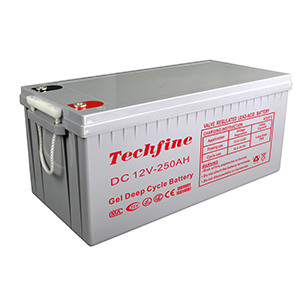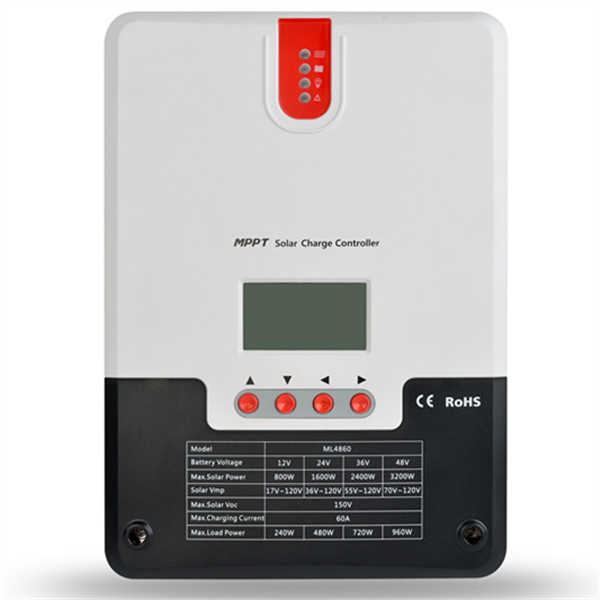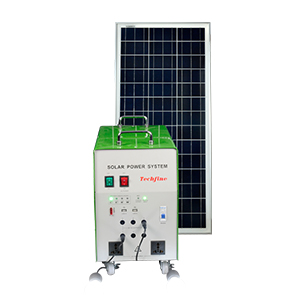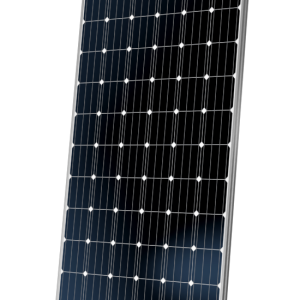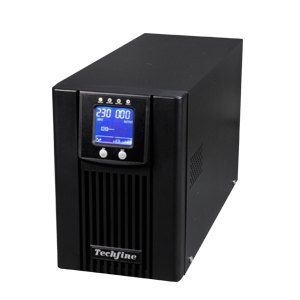Nigeria has a teeming population of about 190million and is reportedly the largest economy in Sub-Saharan Africa. However, limitations in the power sector has constrained economic growth. In the 1990s the Federal government introduced the Vision 2020 mandate in mind that Nigeria will become one of the first 20 economies in the world by 2020. This was largely based on the assessment of its abundant human & material resources and on the assumption that the country’s resources would be properly managed and channelled to set economic goals. Has Nigeria performed well in that aspect?
Nigeria has the potential to generate 12,522MW (megawatt) from its installed Power Generation Stations across the country but unfortunately it generates just about 4,000MW which is about 30% of its installed capacity. Of which Thermal Energy gives 80% of the bulk while Hydro supplies the rest.
In 2019 there were nineteen reported cases of total collapse of the National Grid, just 3 weeks into 2020, two major cases have so far been recorded. A lot of factors like badly managed equipment, vandalization of Transmission Lines or outright sabotage could be pointed to. A customer connected on the National grid can experience an average of 10 blackouts per day. This situation does not only affect the population’s living standard, but it is also one of the biggest challenges to economic development. At the recently concluded 11th International Conference on Energy, Power Systems Operations and Planning, ICEPSOP, in Abuja held in January 2020, the current Chairman of the management of Nigerian Electricity Regulatory Commission (NERC), Professor James Momoh, disclosed before newsmen that the centralised national grid system was no longer sustainable for a growing economy like Nigeria.
He also remarked that the conference was aimed to develop alternative grid system needed to drive Nigeria’s development. By these statements, Obviously the management of NERC has triggered a process for the construction of Smart minigrid system in the Urban and Rural communities across the country to enhance access to electricity.
A recent report conducted by “Rural Electrification Agency” and “Rocky Mountain Institute”, highlights Nigeria’s potential as the biggest and most attractive off-grid opportunity in Africa. The Nigerian Minigrid market offers revenue opportunity of about $8bn a year. Ten installed commercial minigrids with a combined capacity 364KW can serve 2000households and 200businesses.
Installation of Smart minigrid can unlock a large rapidly expanding market and drive economic growth.
By Engr. Chidi Igbokwe, Project Engineer.

